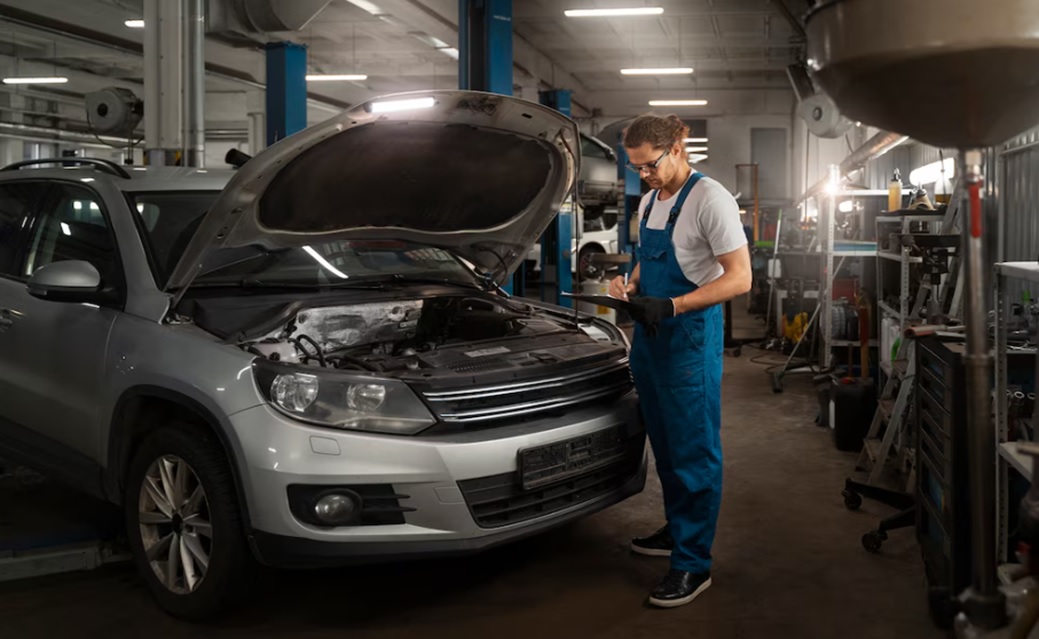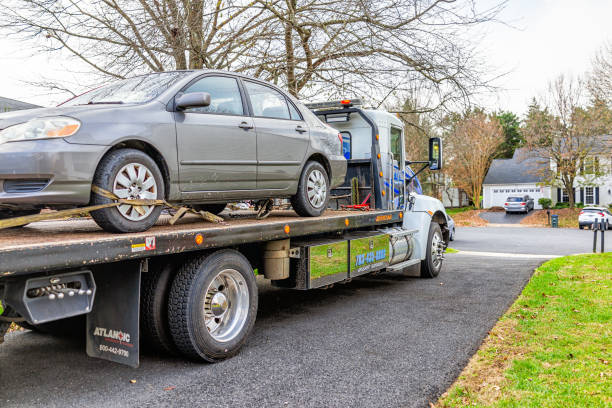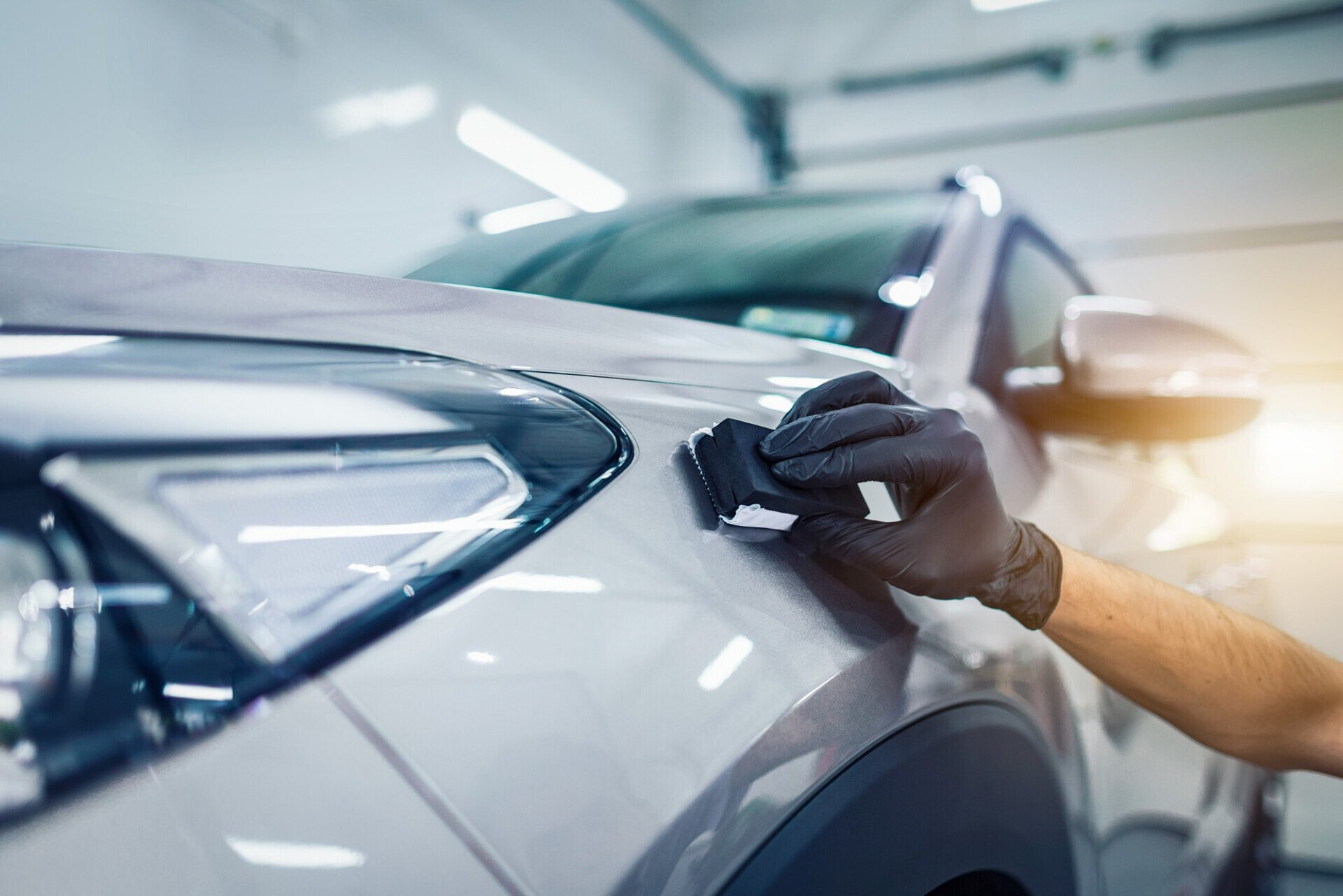How to Save Money on Auto Repairs: Tips and Tricks for Smart Car Maintenance

Auto repairs can be a significant expense, often catching car owners by surprise. But with some smart strategies, you can minimize these costs and keep your vehicle in good condition without breaking the bank. From staying on top of routine maintenance to addressing issues like car heater repair before they become bigger problems, here are some essential tips and tricks for saving money on auto repair.
1. Keep Up with Routine Maintenance
One of the simplest ways to avoid hefty auto repair bills is to stay on top of routine maintenance. Regular oil changes, tire rotations, brake checks, and fluid level inspections can keep your car running smoothly and prevent major issues from arising. By investing in routine maintenance, you reduce the likelihood of more expensive repairs down the road, such as engine problems or transmission failures.
Additionally, routine checkups help you spot problems early on. For example, during a regular service visit, your mechanic might notice your car heater isn’t functioning optimally. Catching such issues early allows for more affordable car heater repair rather than waiting for it to fail completely, which could lead to pricier repairs.
2. Don’t Ignore Warning Signs
When your car starts showing signs of trouble, it’s easy to ignore them, hoping they’ll go away on their own. However, this can lead to bigger problems—and larger repair bills—in the long run.
If your car starts making unusual noises, your check engine light comes on, or you notice that your car heater isn’t working properly, address the issue as soon as possible. Small fixes, like car heater repair, are often much more affordable than waiting until the problem escalates into something more severe. It’s better to pay for a minor auto repair now than face a more significant (and costly) breakdown later.
3. Compare Repair Shop Prices
Not all auto repair shops are created equal, and prices can vary significantly between them. Before committing to a repair, it’s a good idea to get estimates from multiple shops. This is especially important for bigger jobs like transmission or engine repairs, but even for more minor issues like car heater repair, you might be surprised by the difference in costs from one shop to another.
When comparing shops, look for a balance between price and reputation. While it’s tempting to go with the cheapest option, make sure the shop is reputable and the mechanics are experienced. A poorly done repair can end up costing you more in the long run if the issue isn’t properly addressed the first time.
4. Consider DIY Repairs for Minor Issues
For those who are mechanically inclined, doing your own repairs can be a great way to save money on auto repair. You don’t need to be a professional mechanic to handle some of the simpler maintenance tasks, like replacing air filters, changing the oil, or even doing some basic brake work. There are plenty of online tutorials and step-by-step videos that can guide you through the process.
For example, if your car heater isn’t working due to a faulty thermostat or a minor wiring issue, you may be able to handle the car heater repair yourself. Just make sure you thoroughly research the issue and have the right tools and parts before diving in. While DIY repairs can save you money, attempting more complex repairs without the proper knowledge can lead to more costly damage.
5. Use Aftermarket or Recycled Parts
When it comes to auto repair, you don’t always have to use brand-new, original equipment manufacturer (OEM) parts. Aftermarket or recycled parts can be a cost-effective alternative. Aftermarket parts are made by third-party companies and are often less expensive than OEM parts, while recycled parts are salvaged from other vehicles but still in good working condition.
For example, if your mechanic determines that your car heater needs a new blower motor, consider asking if they can source an aftermarket or recycled part instead of a brand-new OEM one. As long as the part is compatible with your vehicle, this can help you save significantly on the repair costs.

6. Build a Relationship with Your Mechanic
Establishing a good relationship with a trusted mechanic can be beneficial in many ways. A mechanic who knows you and your vehicle is more likely to offer honest advice, recommend cost-effective solutions, and even provide discounts on labor or parts. By becoming a loyal customer, you might also receive better service and quicker turnaround times when you need auto repair.
Additionally, a trusted mechanic can advise you on preventive maintenance and help you prioritize repairs. For instance, if your car heater is malfunctioning but still working at a reduced capacity, your mechanic might suggest a temporary fix until a more convenient time for a full car heater repair.
7. Purchase an Extended Warranty
If you plan on keeping your car for a long time, purchasing an extended warranty could save you money in the long run. Extended warranties cover the cost of certain repairs after the manufacturer’s warranty expires, helping to offset expensive auto repair costs.
While not all repairs will be covered, having an extended warranty can provide peace of mind for major repairs, such as engine or transmission work, which can otherwise be a financial burden.
Conclusion
By taking a proactive approach to vehicle maintenance and repairs, you can save a significant amount of money over the life of your car. From routine checkups and quick car heater repairs to comparing auto repair shop prices and handling minor repairs yourself, these strategies will help you maintain a safe, reliable vehicle without breaking the bank. Smart car care is all about staying informed, being proactive, and making well-researched decisions about your vehicle’s needs.




